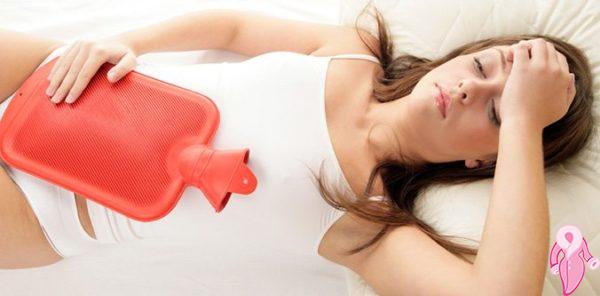Oligomenorrhea: Symptoms, Causes and Treatment

Oligomenorrhea treatmentIt varies according to the causes of the disease and the condition of the disease. What is oligomenorrhea The answer to the question is; It will be the case of non-menstrual or menstrual regularity seen in women. Oligomenorrhea is a condition that can occur or occur during the reproductive age of women.
Menstrual irregularity is common in women. Oligomenorrhea is diagnosed in cases where there are 9 menstrual periods per year or if there is no menstrual period for more than 35 days. When women have regular and regular menstrual periods, they should menstruate every 21 days to 35 days. If a woman does not have a period for more than 90 days, this is a sign of Oligomenorrhea.
How Is Oligomenorrhea Treated?
An obstetrician should be consulted for the treatment of oligomenorrhea. For treatment, hormonal drugs that can be used orally are usually given. These drugs balance the level of hormones in the body. When the hormonal imbalance in the body disappears, Oligomenorrhea will also improve. Oligomenorrhea treatment and duration of drug use often lasts for a few months. Some doctors may recommend birth control pills for treatment. If oligomenorrhea is not treated;
- Eating disorder
- Severe weight or loss
- early menopause
- thyroid disorders
- Anemia
- hormonal imbalance
- irritable bowel syndrome
- Diabetes
- Liver diseases
- polycystic ovary syndrome
- It can cause factors such as the risk of giving birth or miscarriage in the near future.
What are the Causes of Oligomenorrhea?
Causes of oligomenorrheacan be listed as follows;
- The biggest factor that can cause oligomenorrhea is hormonal imbalances in the body.
- Another common cause is the use of hormonal contraceptives. In some women, a menstrual period may occur in 3 to 6 months after the use of birth control pills.
- Heavy training and excessive exercise can also cause Oligomenorrhea.
- Eating disorders such as Anorexia Nervosa, Bulimia can cause Oligomenorrhea.
- On-Site Comments
















Comment